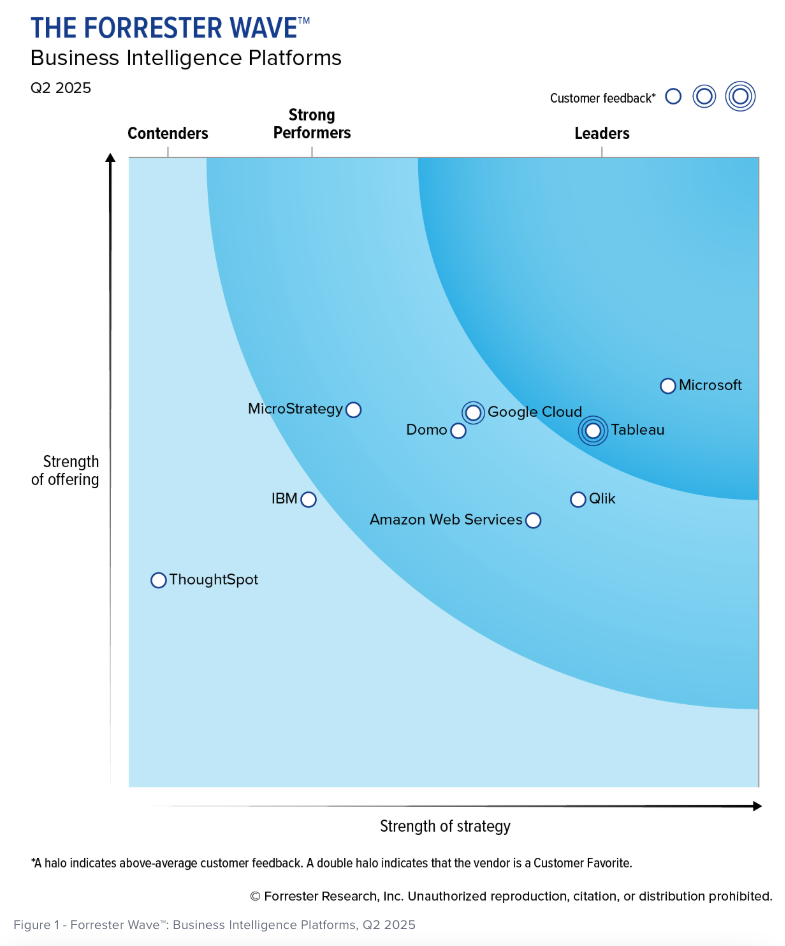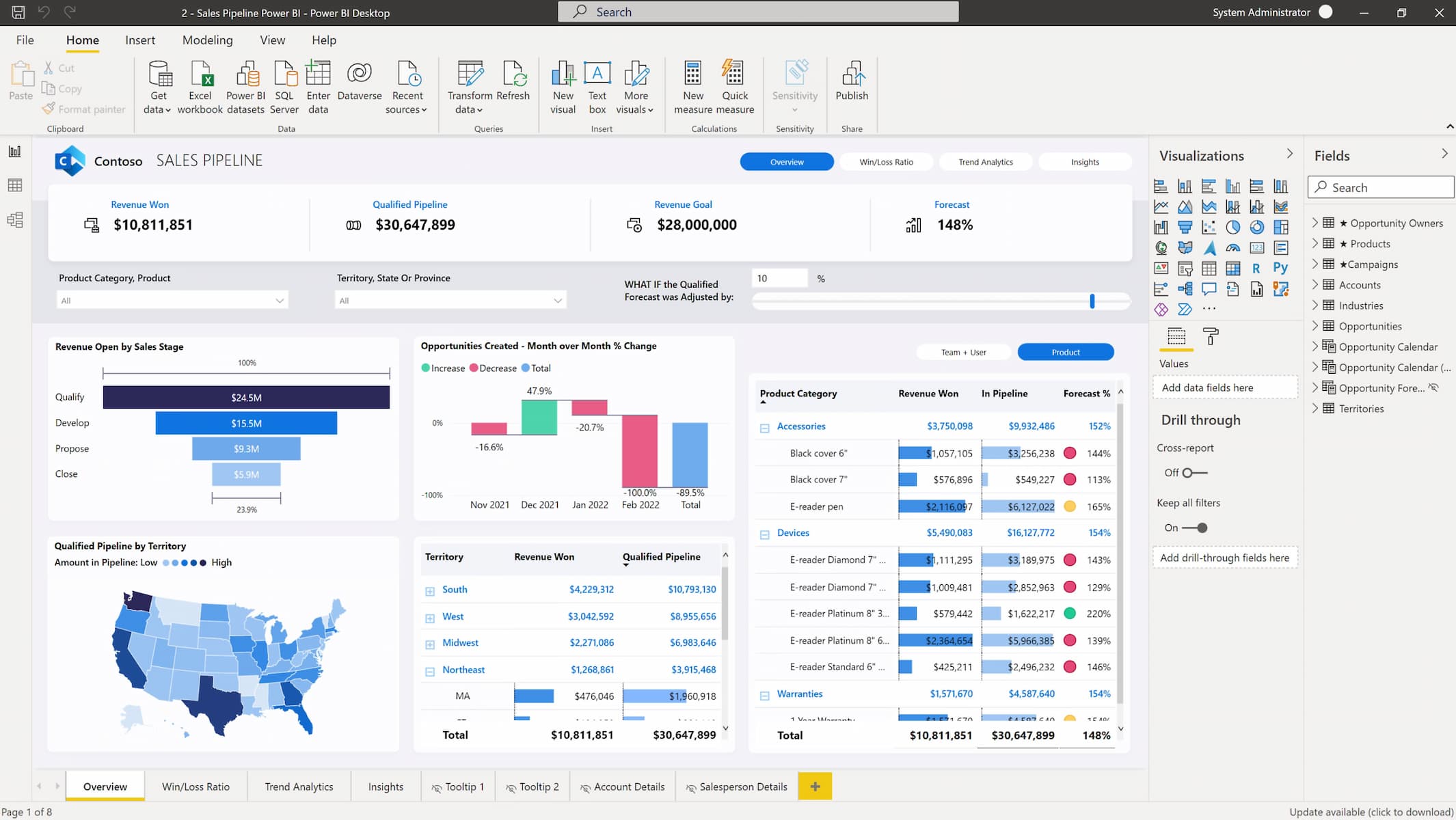by Jeremiah Johnson
 With more and more of life taking place on the internet, it has become imperative to have a web presence if you want to stay relevant in today’s day and age. Whether you are a small business owner that wants to branch out into the digital market, or you are one small piece of a very large enterprise puzzle, getting your information online has never been more important.
With more and more of life taking place on the internet, it has become imperative to have a web presence if you want to stay relevant in today’s day and age. Whether you are a small business owner that wants to branch out into the digital market, or you are one small piece of a very large enterprise puzzle, getting your information online has never been more important.
However, the internet can also be a tool to become more productive. With all of the advancements, staying on top of organizing files, keeping track of your information, accessing all of it from anywhere, and protecting yourself has never been easier. One of the top developments to make this transition has been Cloud BI applications.
What is Cloud BI?
Cloud business intelligence likely sounds complicated to those who are not familiar with its use. In actuality, it’s pretty simple stuff. Cloud applications are simply tools that can be used for business that use cloud hosting, or hosting that is on a virtual network.
This can include a ton of resource planning tools such as Oracle E-Business Suite or NetSuite, business analytical tools such as Tableau or Oracle BICS, places to store information such as Box.com, and even CRM applications such as Salesforce.com. The big advantage is not only how well these applications put information together, but the ability to access the information from nearly anywhere at a typically lower cost of ownership.
A Brief History
In order to fully understand cloud technology, it’s helpful to start at the beginning. The concept of using cloud hosting started back when people were using mainframe technology, around the 1950s when the microchip was developed. These two developments made it possible to take information from one computer and use it on another one.
Between the 60s and the 90s, this was developed further and computers were beginning to be able to do many functions all at once. With the addition of the internet being widespread in the 1990s, computers were running quickly and were easy to share information between them.
Top 7 Advantages Of Cloud Business Intelligence
While some of the advantages are obvious, such as combining business intelligence with the applications of cloud technology, some of the advantages are a little surprising. The ability to access any information on the cloud application from a mobile device or web browser is one of the top advantages. This means if you are on a business trip to Japan and forgot your work laptop, you can still access any information you will need for your business.
Scalability and elasticity are also huge advantages. If you are running a startup company, it’s smart to plan ahead for later expansions. Unlike some networks, a cloud network is easy to accommodate when bringing on more employees or clients. No matter which system you choose, it is incredibly easy to add more users without having to hire a technical specialist to add additional hardware inside a server room get the job done.
The biggest advantage may be how easy it is to use and update. First time users don’t have to go through extensive training to get the most out of whatever application they choose. Whenever there is a new update or another application is added, it doesn’t take an on-site IT guy to get it done. Installation is always easy and never requires extra desktop software.
- Fast Deployment: No requirement to develop an infrastructure can help drive a quicker return on investment (ROI).
- No Capital Expenditure: Avoiding the costs associated with a traditional information technology deployment (building space, hardware, software, etc) equate to a low total cost of ownership (TCO)
- Data Integration & Distribution: Enable remote data access and easy cross-location data sharing with other cloud-based applications as well as traditional on-premise data sources.
- Multi-Tenancy: Spreading resource costs across a larger number of organizations means a lower cost per each user.
- Upgrades & Maintenance: Users can benefit from ongoing upgrades and maintenance without the associated spikes in cost, time constraints and drain on human resources.
- Scalability: Support increases in the number of simultaneous users across the globe without the cost or delay of having to deploy and install additional hardware, software, or security.
- Low Risk: Low TCO and overall resource investment means that a cloud-based solution can represent low risk that retains high reward potential.
How to Learn More
Want to learn more about how your orgaization can leverage all the benefits of cloud business intelligence? Contact our team today to schedule a personalized consultation or browse the THINK area of our website for all kinds of helpful content.



Comments
Comments not added yet!